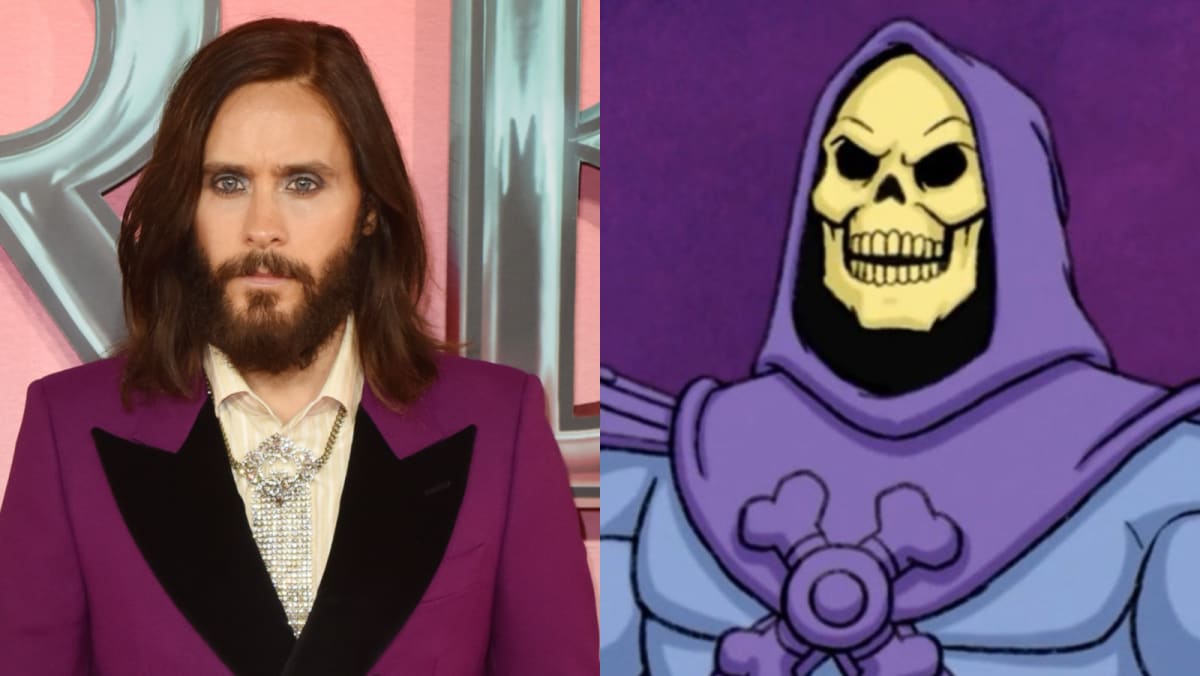To become a RSN submariner, candidates undergo a nine-month qualification course.
It starts with a basic training phase where they learn about submarines as well as how they dive and surface.
They then move on to vocational or specific training: For example, those part of the sonar team will learn how to listen for sounds at sea; while engineers learn about the engines of a submarine.
Candidates finish off the course with hands-on harbour practical training before a wrap-up assessment of everything they’ve learnt.
A recent graduate of the submarine qualification course, Military Expert 1 (ME1) Axell Lim, is now an underwater operator of the Invincible submarine.
The 24-year-old works with a team to help maintain the vessel and keep it operationally ready.
“Onboard the submarine, we are like the ears of the boat. We are trained to listen to the different vessels so that we can identify their type and their direction in order to navigate safely through the waters,” ME1 Lim said.
“It’s like walking through a room blindfolded and then trying to listen out to the different voices in the room, and then trying to get from point A to point B.”
Ahead of Tuesday’s submarine commissioning ceremony, commander of the seventh flotilla fleet Colonel Fong Chi Onn told reporters the navy “definitely wants” to shorten the nine-month duration of the qualification course.
“Submarines are small. You can’t bring a lot of people for training on board,” he said, adding that trainees would have to compete with existing crew for time on the vessel.
But this has changed with virtual training.
Marine engineer ME4 Toon Wei Kiat, who works to keep the Impeccable submarine’s machinery running smoothly, explained the significance of simulators as part of training.
“If I put myself in the (shoes) of the learners, the trainer provided me a safe environment, a place to practise, a place to stress-test my competency, my skills, before (I’m even) required to work onboard a submarine,” he said.
Here, submariners will be able to correct themselves if they’ve made a mistake or followed a wrong procedure, the 48-year-old noted.
Such that when they’re actually performing a real task onboard the submarine, ME4 Toon added, it “will not cause any unwanted scenarios to happen”.













